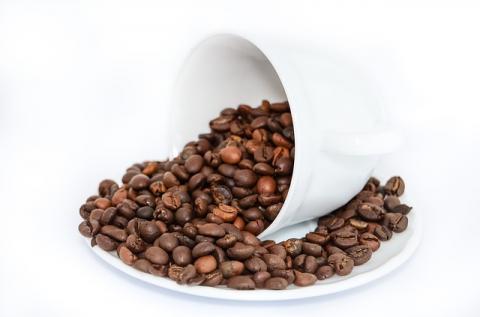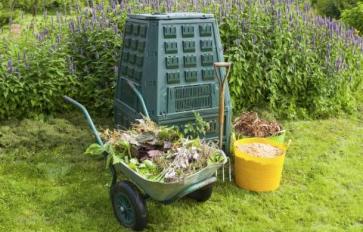
Waking up in the morning, there is nothing like a fresh cup o' joe. While most of us are running against the clock in our morning routine, efficiency is key. Thus, the single serving coffee pod was born. Quick, easy, efficient, and in a variety of flavors, it became the new instant coffee. A blessing for the busy working individual, right?
Well, not exactly. Single serving coffee pods as a whole are not recyclable. A combination of plastic and aluminum, they must be separated in order to be recycled. Therein lies the problem. With efficiency taking precedence, these pods are filling up the landfills.
According to the National Coffee Association, “single cup brewers are the 2nd most used coffee preparation method.” Billions of these instant pods are being used yearly, and the majority of them are winding up in the trash. With backlash from environmentalists, some companies have been searching for easier to recycle material.
Keurig, the inventor of the K-Cups, is one such company. The company is set to make an all-encompassed recyclable pod by 2020. But how many of those coffee pod owners will switch to recycling instead of trashing the single serving containers? With Keurig inventor John Sylvan regretting his own creation, it provokes the question of how such a product can continue to survive in the market.
Beyond the recyclable factor of the pods, the cup itself cannot be considered sustainable. In order to brew a pot of coffee, all that is required is coffee grounds and hot water. A simple French press can do the job -- and, in my opinion, make the coffee taste much better. But in the case of single serving coffee pods, resources have to be utilized to create a 3g container containing a 6g product. The concept of a recyclable pod does not eliminate the carbon footprint. Materials that are unnecessary to the process of coffee making require an unnecessary waste of resources.
In a critical time of reducing greenhouse gas emissions, the coffee pod exemplifies how one simple product can add up, having a larger impact. A product that may have begun with the intentions of simplifying our morning routine has wreaked havoc on the environment. A simple behavior can have the biggest impact. It raises the question, to what cost will we take efficiency over environmental concern?








